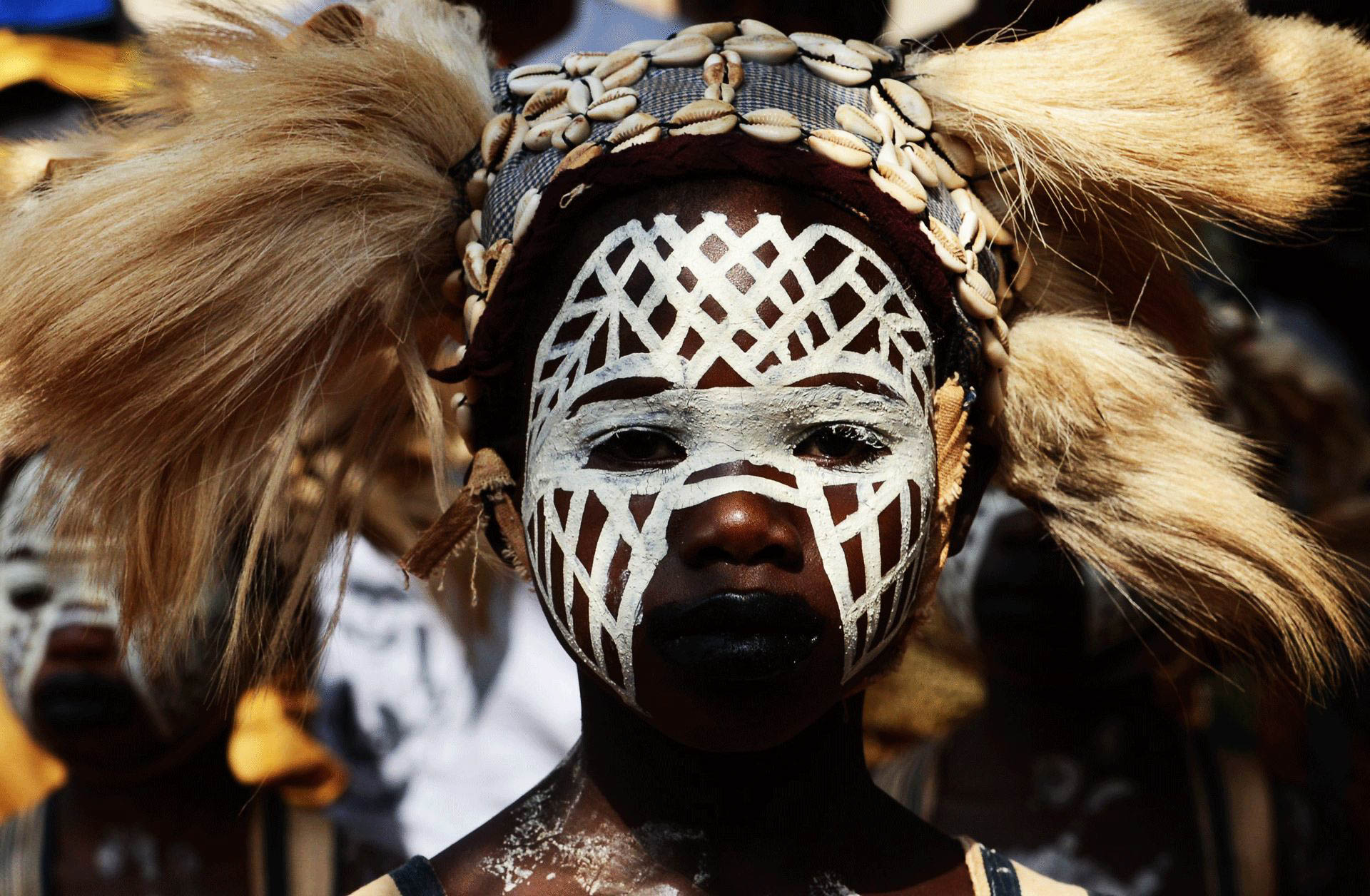
Thus far in the literature on the African perspectives on the problem of evil, little is known on the real and possible similarities and dissimilarities on the notion of evil in African cultures and whether or not such an understanding allows for a solution of the philosophical problem of evil either in the popularly known sense or in a new form.įor example, in both Yoruba and Igbo philosophy, as well as in the Akan philosophical context, it is a given that the problem of evil is a substantive philosophical problem only within the Western conception of evil and that such a problem does not hold much weight when situated within the African notion of evil.

This paper is an attempt at such a comparative understanding of the problem of evil in African cultural contexts. Such a philosophical comparison is important for giving directions to cross-cultural comparison of thoughts in African philosophy, which is yet in the making. Beyond the immediate imports for the growth of African philosophy, such comparison would avoid the false suppositions about a general African viewpoint on a conceptual matter or belief, especially as it concerns the notion of evil and the philosophical problem of evil in bringing such philosophical comparison into focus, this paper shall focus its discussion on the Yoruba and Igbo viewpoints. Īfrican Conception of evil: The Yoruba ExampleĮvil in general is “any experience that is injurious, painful, hurtful, regretful or calamitous … impedes or obstructs the achievement of goals, ideas, happiness or general well-being.” According to the Yoruba-African worldview, “the essence of evil…consists in doing harm to others.” Evil does not necessarily have a religious connotation. Such a perspective tends to be different from the Western conception of evil that identifies, for the most part, the religious agency of evil. In the Yoruba-African context, evil is a matter of morality and has little or nothing to do with religion. Therefore, the argument that heaps the blame of evil on God does not hold water with the Africans.


 0 kommentar(er)
0 kommentar(er)
